We’ve been listening, these last couple of weeks, to the story of the rise and fall of good King David. Yesterday, in our first reading, we heard the story of his peaceful death and the transfer of the kingship to his son, Solomon. Today, Sirach the Wisdom writer tells us about David in more poetic, and somewhat apologetic and glowing terms. From it, we can see that, when David was at his best, he gave praise to God. Such was the topic of today’s psalm, ostensibly also written by King David.
In our Gospel today, we hear of the end of Saint John the Baptist’s life. He was one who lived his entire life pointing the way to the Lord. With every fiber of his being, and until his last breath, he gave praise to God.
This is the role of disciples, which includes you and me. We should always give praise to God and point others to him. At our best, we should be an Assembly of holy people, helping all the world to find our God. May we all sing with the Psalmist, “Therefore, I will proclaim you, O LORD, among the nations, and I will sing praise to your name.”

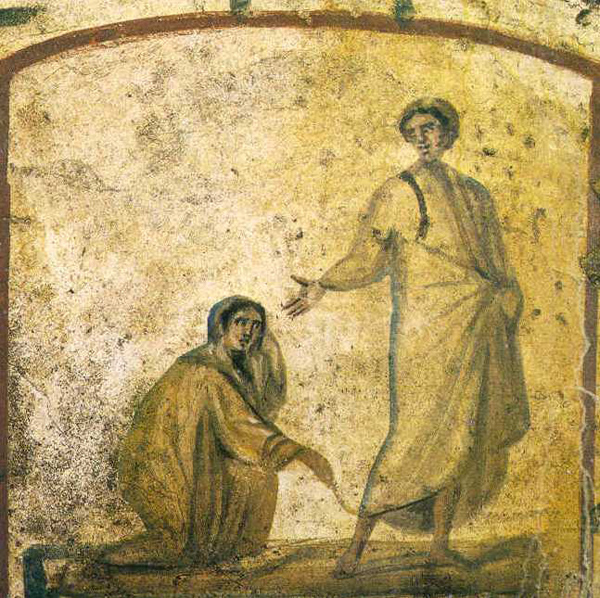

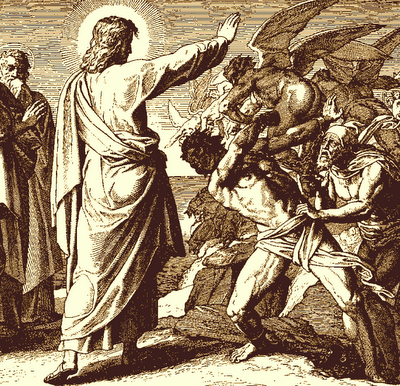
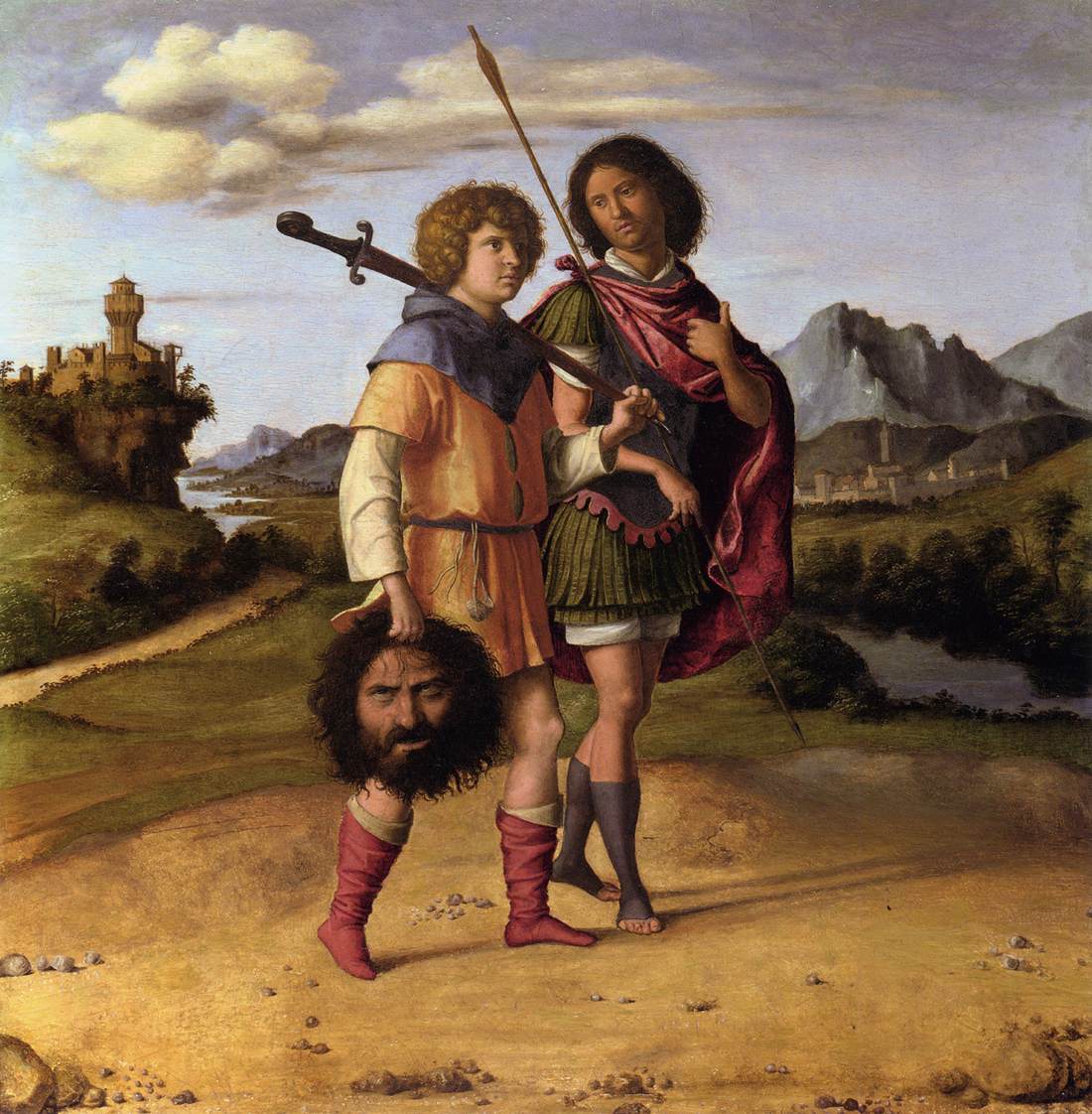
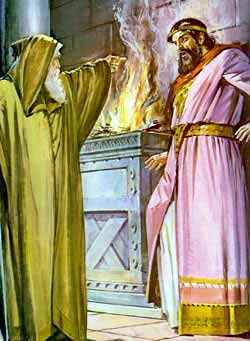
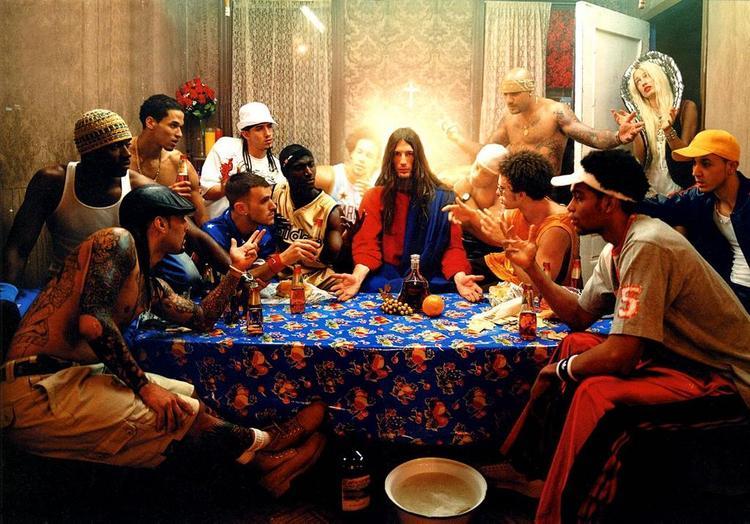
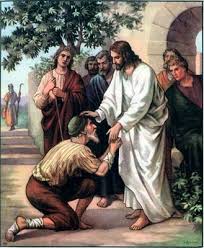
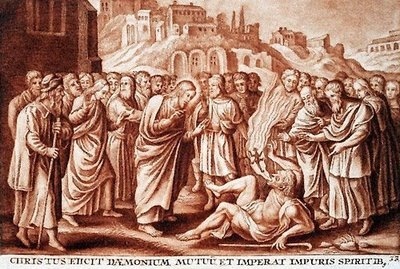
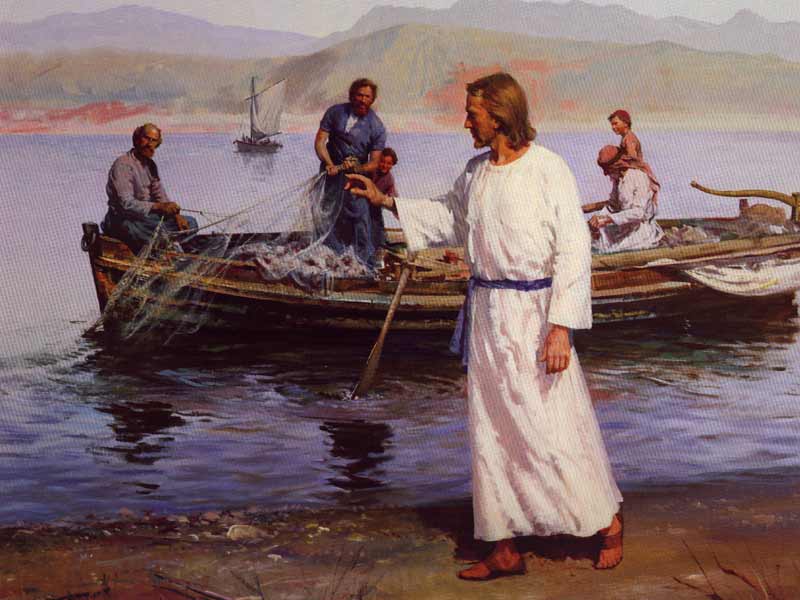
You must be logged in to post a comment.